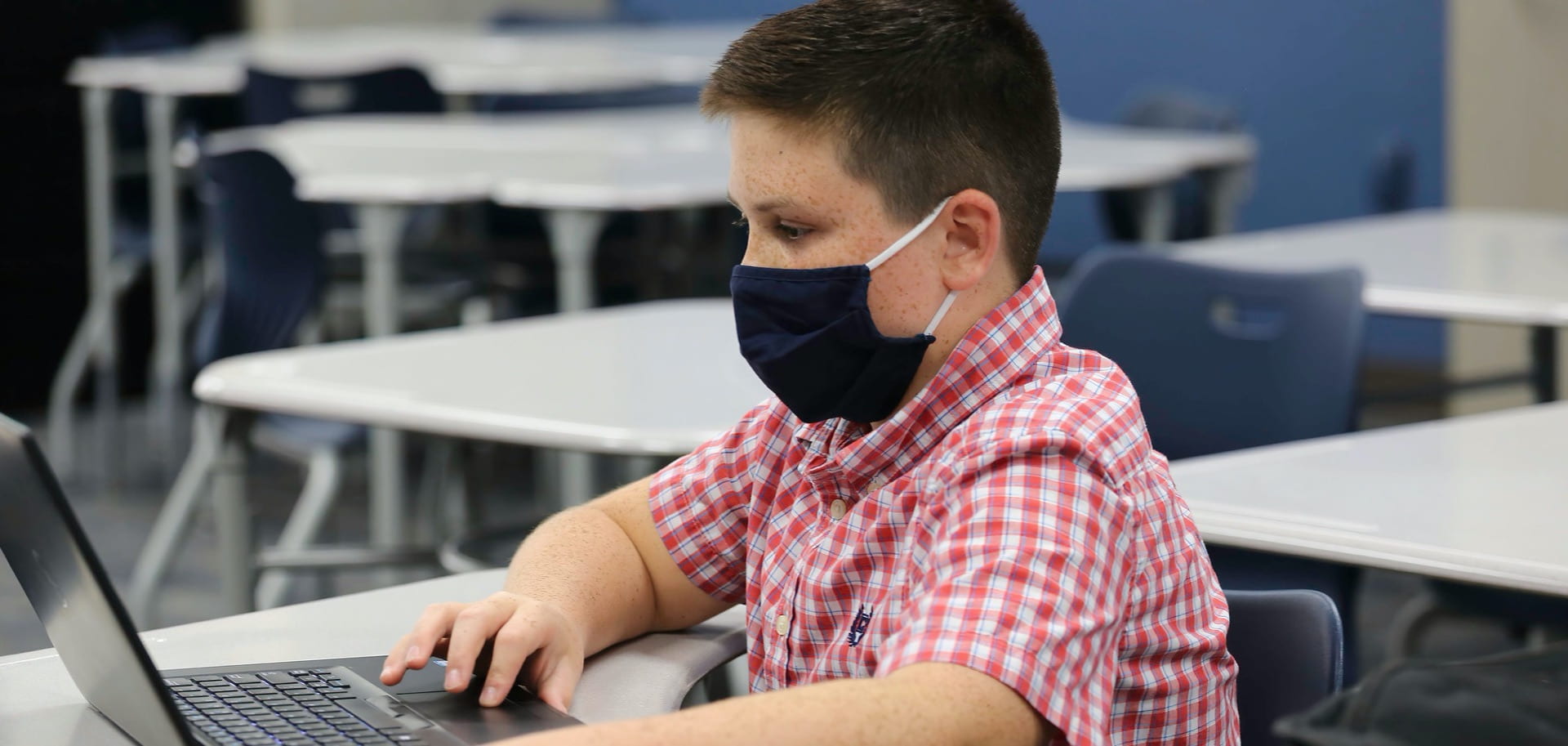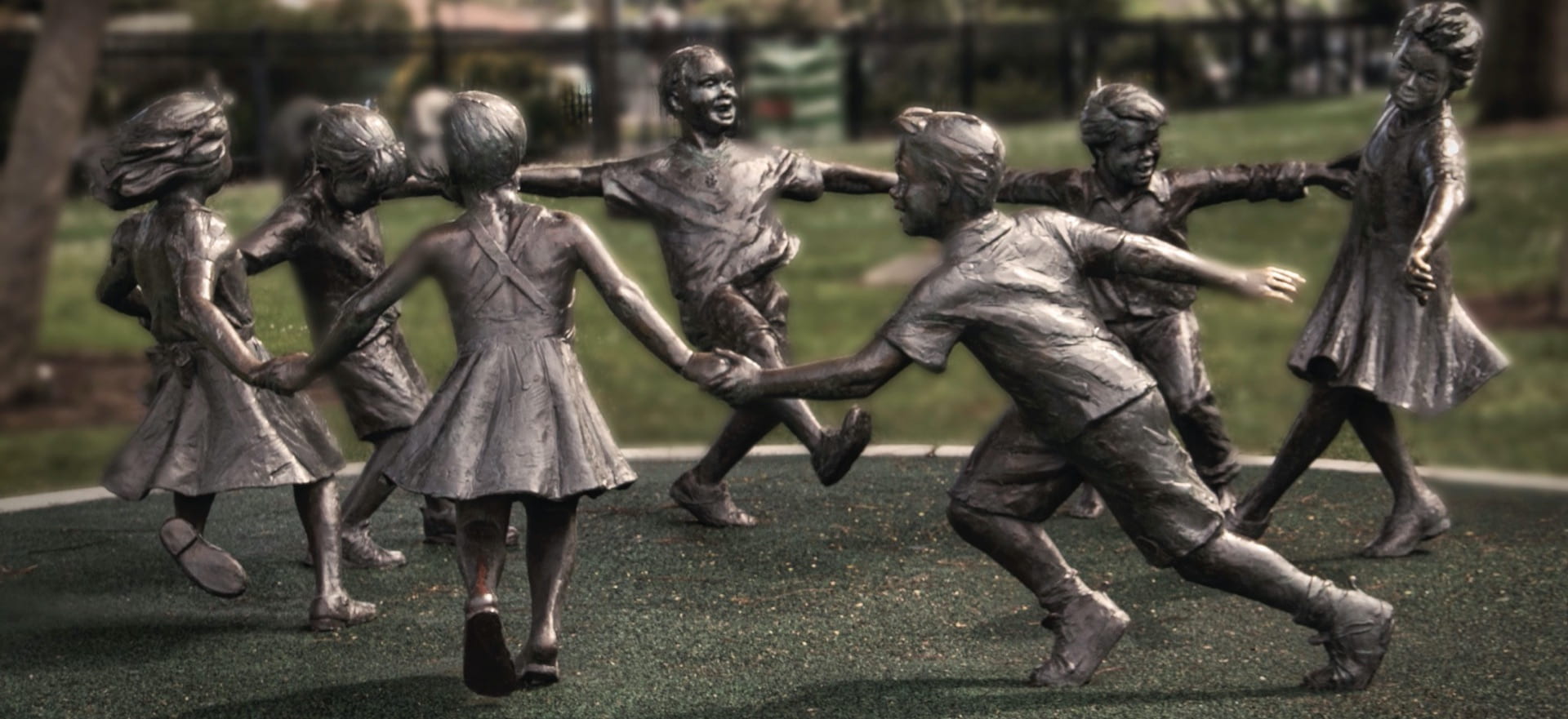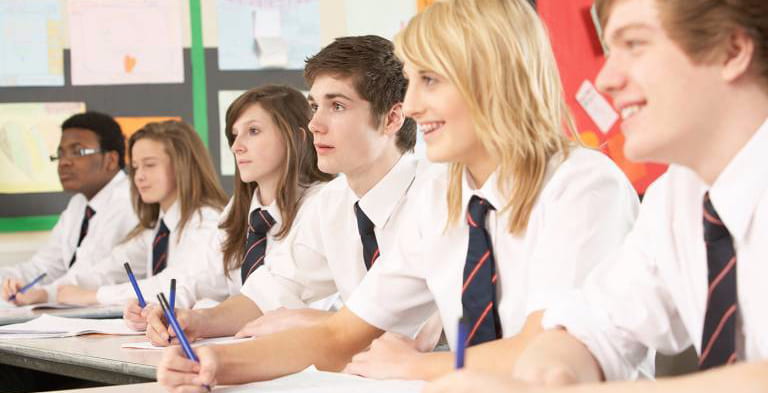Moving up to secondary school during a pandemic is difficult. Here are some ways for teachers to help
By Blog Editor, IOE Digital, on 4 September 2020
By Sandra Leaton Gray and Jane Perryman
When researchers visit schools to ask young people about their experiences of moving up to secondary school, there are a number of repeating themes. They are excited by the idea of new school uniforms, learning new subjects in specialist rooms, using special equipment, meeting new teachers, joining interesting clubs, and making new friends.
However, moving up to secondary school can also cause young people to develop worries. Things like getting lost on a large school site, having lots of homework, being bullied, and not having enough friends will often cause concern. Schools are well aware of this phenomenon, of course, and generally handle young people’s anxieties very well, which means that by the end of the first term, the vast majority have settled into their new educational homes and can barely remember what it was like being at primary school. The strategies used by secondary schools to encourage this settling in process include liaising closely with primary staff, welcoming Year 6 pupils in for taster days, and visiting them in their primary schools. It’s a robust formula based on research into the relationship between adolescent development, socialisation and school attainment, and it’s something UK schools usually do pretty well.
This year it’s very different. Many young people have not been in school since March, and others have had little (more…)
 Close
Close









